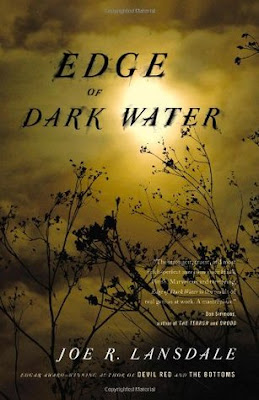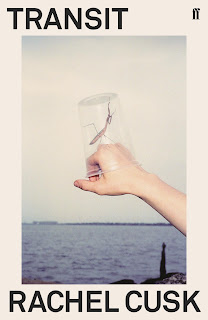This work was initially published in 2002, and fifteen years later we learn that it had a rocky reception. Womenkind may indeed be split into two irreconcilable halves because I have no idea what could incense people about this book: I laughed through it, and when I wasn’t laughing, I was marking her passages to relate later, so clearly did they capture the ambiguity we feel between love and distress at being so loved and/or needed ourselves.
This memoir of the circumstance surrounding the conception, birth, and first years of a child’s life is really a tight series of essays. Cusk manages to capture moments that illuminate the despair mothers can feel when they discover the true disorientation that comes with bringing the baby home—feelings like cotton wool has supplanted one’s brain and that one cannot find the wherewithal to make a plan—the whole exhaustion of it.
No one really prepared her for the sense of having one’s life hijacked—she admits she’d jumped right over references to children or infants in the writing of those she’d enjoyed before. The children part wasn’t relevant and didn’t matter—a little like me when as a teen I skipped the foreign names in any book I read. I would note the first letter of the name and gauge the length of the word by blurring my eyes. I could distinguish individuals by something distinctive the author had shared about them, so why even bother to learn to pronounce their names?
Cusk’s own story is different than everyone else’s: her daughter “sucks well,” sucking for hours at a time, giving her a short break before starting up again. The nurses she consulted all considered this to be good news, generously praising mother and child for being able to move onto the next phase, bottle-feeding, whenever she had spare hours to sterilize the equipment and make up the formula—or pump and freeze her own milk to put in sterilized bottles.
With motherhood, Cusk has discovered her presence “has accrued a material value, as if I had been fitted with a taxi meter.” There was never any slack, no “lubricant empty hours” in which nothing is planned or paid for. When interviewing babysitters, sometimes she might find herself giving overly-detailed instructions about every aspect of her daughter’s care, as though the caregiver could in some way understand “what it was like to be me.”
A very funny but telling paragraph or two is given over to describing a scene she happened upon one night on a television documentary in which a pampered American housewife admits she would prefer her child get less attention from her South American nanny rather than have the nanny care for the American children as though they were her own: “I’m like, you know, put her down, she knows how to sit in the hot tub!” A hot tub. A baby.
Towards the end of this memoir is a chapter entitled “Don’t Forget to Scream!” about the family’s move to a university town. Mother appears to miss her London life in the way she had missed it when she had the baby. The baby is a toddler now, and when invited to the local play group housed in a church hall, she is manhandled by the other children. Mother could see that successful mothering ventures contained a measure of military organization:
“…conscription to the world of orthodox parenthood demands all the self-abnegation, the surrender to conformity, the relish for the institutional, that the term implies…Here the restaurants had high chairs and changing facilities, the buses wide doors and recesses for prams.”The chaos of living among those outside the …hood cannot be found here in the privileged, patriarchal enclave of the university town where everyone asks, “What does your husband do?”
Cusk is out of step, gloriously, and can tell us what we look like, those of us who haven’t stepped back long enough to think about it. The mothers in the university town are older than she is—far older, some grey-haired and pregnant-bellied. This societal change she notes casually but is an observation that should make us sit up and think. Practically everything she says makes me think, which is why I think any one of these chapters would work well as essays—a short sharp strike across the noggin.
The language she employs to describe a year of sleeplessness recalls young men on the front lines in war.
“The muddled nights began to attain an insomniac clarity. My insides grew gritty, my nerves sharp…I no longer slept in the intervals, but merely rested silently like some legendary figure, itinerant, doughty and far from home. The reservoir of sleep I had accumulated through my life had run dry. I was living off air and adrenalin. Mercury ran through my veins."
What can I say? She makes me laugh, she makes me think. Her writing electrifies me. Reading Cusk novels and memoirs back to back is pure indulgence. Below please find reviews of Cusk's other work in order:
Saving Agnes, 1993
The Temporary, 1995 (not reviewed yet)
The Country Life, 1997
A Life's Work: On Becoming a Mother, 2002
The Lucky Ones, 2003
In the Fold, 2005
Arlington Park, 2006
The Bradshaw Variations, 2009
The Last Supper: A Summer in Italy, 2009
Aftermath: On Marriage & Separation, 2012
Outline, 2014
Medea, 2015
Transit, 2016
Kudos, 2018
Coventry: Essays, 2019
Tweet















